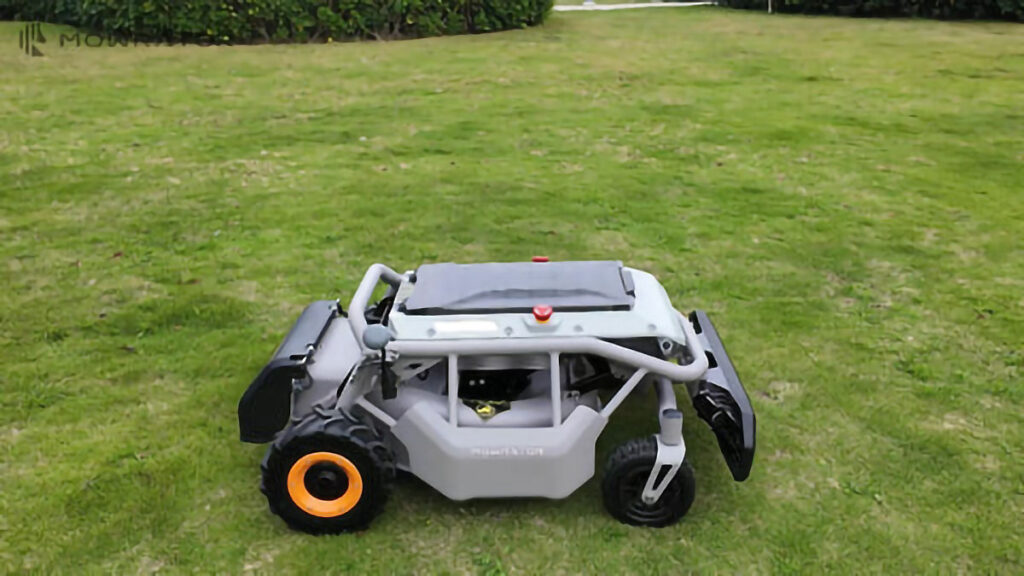Introduction
Gone are the days of sweating under the sun while pushing a heavy mower across the yard. The landscape of lawn maintenance is changing rapidly, thanks to advancements in technology. One of the most exciting developments in this space is the rise of autonomous remote control lawn mower—a game-changer for homeowners and landscaping professionals alike.
What Are Autonomous Remote Control Lawn Mowers?
Autonomous remote control lawn mowers are high-tech machines designed to mow grass without constant human intervention. They combine GPS navigation, AI-driven obstacle detection, and remote control capabilities to deliver precise and efficient lawn care. Users can control them manually through a remote or mobile app, or set them on autonomous mode to work independently.
These machines represent the future of lawn care: autonomous remote control lawn mowers that think, adapt, and work with minimal input.
Key Benefits
1. Efficiency and Time-Saving
One of the most significant advantages of these mowers is the time they save. Once programmed, they can cut your lawn while you focus on other tasks—or even while you’re away from home.
2. Precision and Customization
Unlike traditional mowers, these smart machines can be programmed to follow specific mowing patterns, adjust cutting height, and avoid sensitive areas like flower beds or sprinkler systems.
3. Environmentally Friendly
Most autonomous lawn mowers are electric, producing far less noise and no direct emissions, making them a more sustainable choice for the environment.
Real-World Applications
From suburban homes to commercial properties and public parks, the future of lawn care: autonomous remote control lawn mowers is being realized across various settings. Landscaping companies are beginning to adopt these tools to boost productivity, reduce labor costs, and enhance service quality.
Challenges and Considerations
Despite their many benefits, these mowers are not without challenges. Initial costs can be high, and not all models are suited for large or highly uneven terrains. Additionally, weather conditions and connectivity issues can affect performance. However, ongoing innovation is rapidly addressing these concerns.
Looking Ahead
With advancements in AI, battery life, and connectivity, the capabilities of these machines are expected to grow. Soon, integrated weather sensors, voice controls, and real-time performance analytics may become standard features.
In summary, the future of lawn care: autonomous remote control lawn mowers is not just a passing trend—it’s a revolutionary shift. As more people adopt these smart machines, lawn care is set to become smarter, greener, and significantly more convenient.


